Fracking or Hydraulic fracturing is a well-stimulation drilling technique that uses a highly pressurized liquid, usually a water mixture to fracture or create cracks in the deep-rock formations for the purpose of oil or natural gas extraction. This proven fracking methodology of oil extraction has been used commercially for more than 70 years. In this article, we will learn a broad overview of fracking; its meaning, working, pros and cons, and finally why is fracking bad.
Fracking Definition/Fracking Meaning
Fracking is defined as an unconventional method for fossil fuel extraction. Water, sand, and chemical mixtures are injected at very high pressure into the rock forcing the crude oil and gas to flow out to the wellhead. Fracking is also popular as Hydraulic fracturing, hydrofracking, and hydrofracturing. In the year 1947, the first fracking experiment started and the same process is commercialized in 1950. From then onwards, the fracking method with new developments is used extensively in the oil and gas industry to extract petroleum and natural gases.
Working of Fracking or Hydraulic Fracturing
For the fracking process, a fracturing liquid is specially prepared by mixing roughly 90% water, 9.5% sand, and 0.5% chemical additives. This liquid is then pumped down through a petroleum well lined with a steel casing. The pumping pressure is very high depending on the property of the rock. The pressure can be as high as 690 bar. The steel casing through which the fracturing liquid is injected has been perforated at predefined depths through which the liquid reaches the targeted rock formation. The very high pressure of the fracking method easily creates a network of small fractures in the rock.
The proppants (sand) suspended in the fluid remain in the fractures to keep them open when the pumping has stopped. This provides a pathway for the fossil fuel to flow into the well and be recovered. These fracture pathways generated by fracking can be three to six millimeters wide and can extend horizontally up to 400 meters and vertically up to 100 meters within the gas-bearing rock formation.
The basic workflow of fracking can be summed up as follows:
- Drilling a wellbore lined with a steel casing, deep enough to reach the underground rock, filled with fossil fuels.
- Loading a perforating gun with explosives and lowering it into the bottom of the well to create small holes usually in the horizontal section of the casing.
- Injecting the fracking fluid at very high pressure to crack open the rock.
The hydraulic fracturing or fracking process usually completes between 1 to 10 days.
The chemical additives (Hydrochloric acid, acetic acid, Sodium chloride (salt), Polyacrylamide, Ethylene glycol, Borate salts, Sodium and potassium carbonates, Anaerobic, Biocide, BIO—Glutaraldehyde, Guar gum, and other water-soluble gelling agents, Citric acid, Isopropanol) that are mixed in the water mixture serve the following purposes:
- It makes the fluid thicker so that the sand can suspend the fluid.
- It increases the flowability of the fracking fluid into the fractures.
- It helps the natural gas and oil to seep out of the generated cracks.
- It prevents corrosion and in turn damage to the well;
- It prevents bacteria build-up; and
- It helps the sand proppant to fill in the newly-created fractures to keep the cracks open.
Pros and Cons of Fracking
Fracking of hydraulic fracturing provides the following advantages:
- Easy access to the fossil fuel underneath the Earth’s surface.
- Dependency on coal reduces due to the extraction of natural gases using fracking techniques.
- As fracking has created a huge abundance in the oil and gas market, the cost has been reduced.
- Natural gas extraction by fracking creates 100% clean energy.
- Huge job creation.
However, there are many drawbacks to the fracking process as well. Those are:
- Huge waste of fresh water for the fracking process.
- Studies have shown that fracking is responsible for creating earthquakes.
- Increase in air pollution due to emission of greenhouse gases.
- Noise pollution due to the high-level noise of the fracking process.
- The return water after the fracking operation is contaminated with heavy metals and radioactive components that increase water pollution.
Why is Fracking Bad?
Fracking is bad for the environment and people. There are various reasons behind considering fracking is dangerous. The major reasons that strengthen the idea that fracking is bad are:
- The fracking method can leak and contaminate groundwater if not built sturdily.
- The flow-back water that is recovered after the fracking operation can contaminate water supply streams. Sometimes, toxic materials are found in fracking fluids.
- The fracking method greatly impacts air emissions which directly impacts climate change. Also, various toxic gases are released which negatively impact human health. The noise created during fracking operations creates stress and high blood pressure.
- Heavy use of water in the fracking process is impacting fish and wildlife.
Online Fracking Course
To learn more on the subject we recommend the following online fracking course which will help you to have an edge over others on the subject:
- Oil & Gas Well Testing & Fracking: This online fracking course will help you to gain Applied Knowledge in Well Testing and Fracking through real Case Studies.
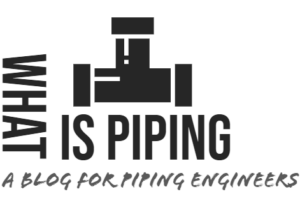
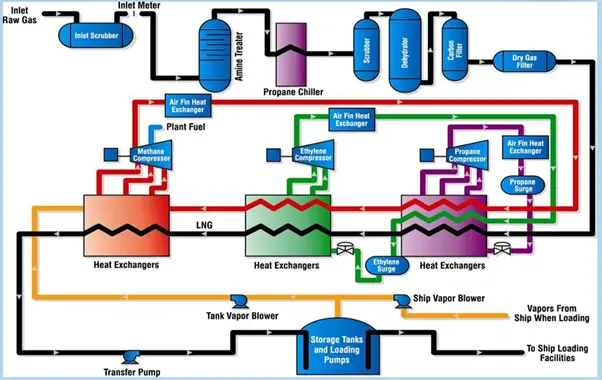
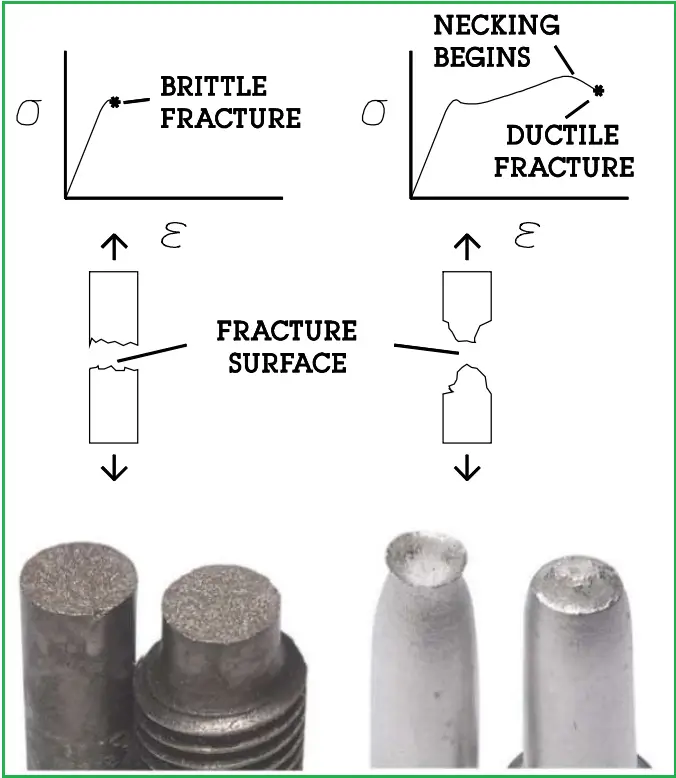
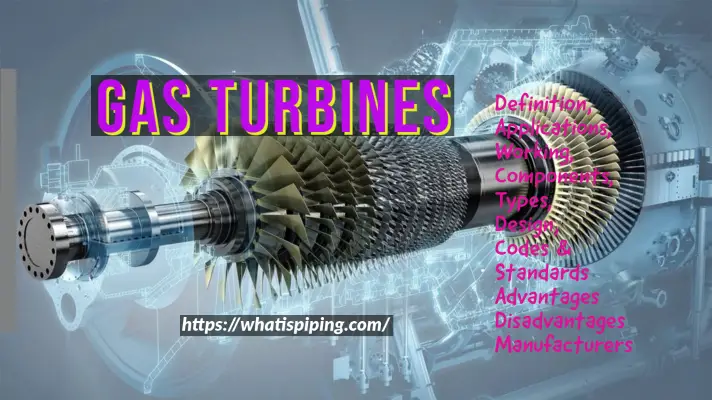
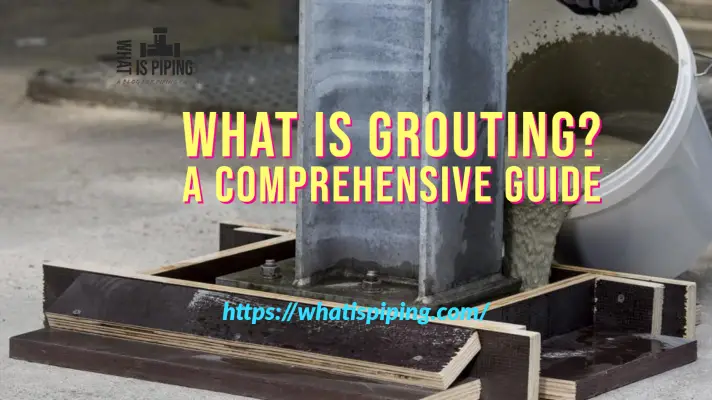
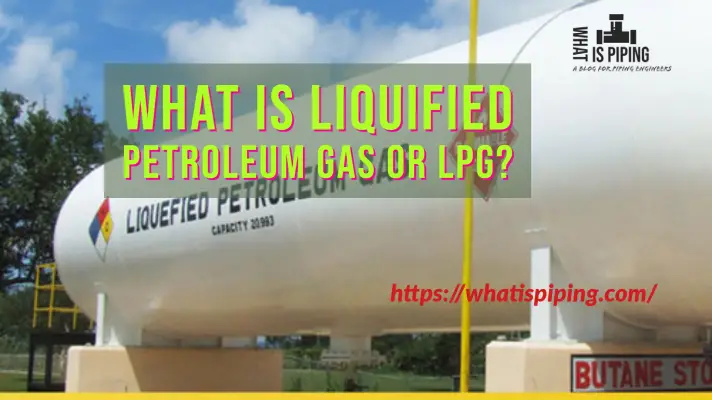
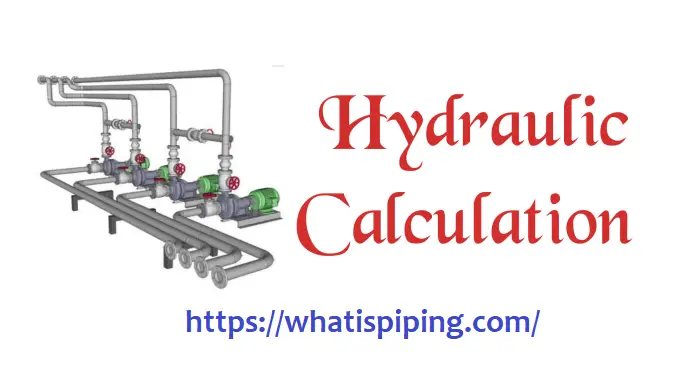
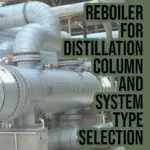
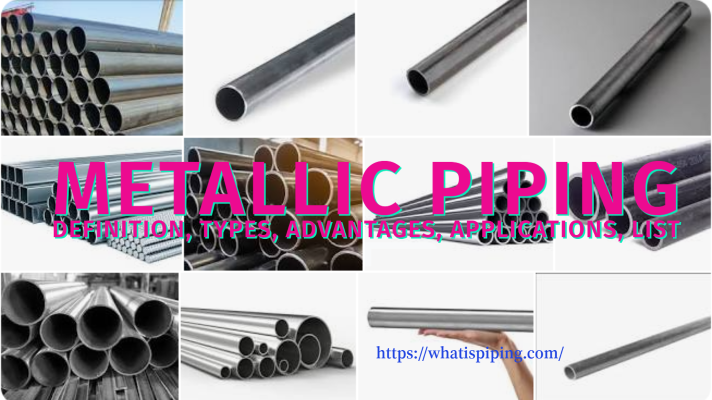
Dear Anup Kumar Dey,
Thank you so much for taking the time for sharing your knowledge.
Whenever you share your very knowledge with others it always makes you even more knowledgeable.
God Bless You !!!
My personal request to you that would you make a lecture about upstream production system in details